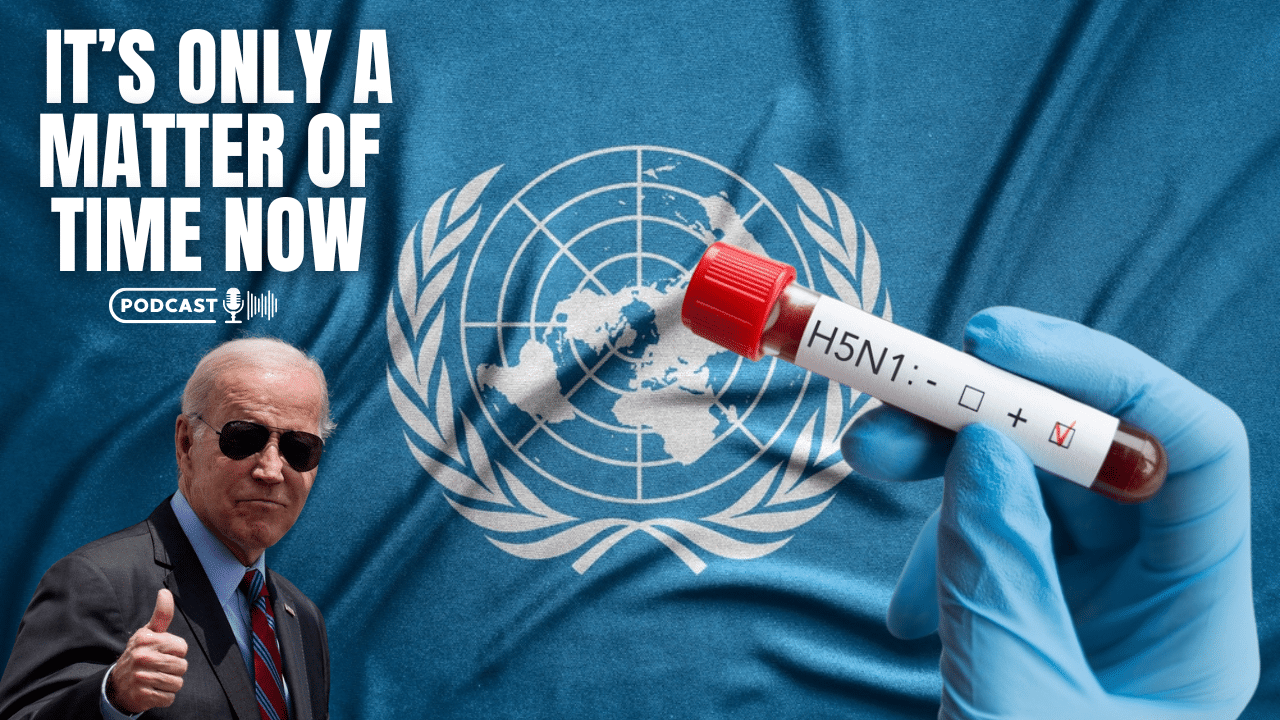Scientists have successfully grown working “testicles in a dish” that could one day help solve male infertility, which affects one in 12 men worldwide.
Researchers at Bar-Ilan University in Israel produced tiny organoids – artificial miniature organs – that closely mimic the structure and function of natural testicles. These lab-grown organs, cultured from cells sampled from mouse testes, formed small tubules that parallel the sperm-producing seminiferous tubules found in real testicles.
“Artificial testicles are a promising model for basic research on testicle development and function, which can be translated into therapeutic applications for disorders of sexual development and infertility,” says lead researcher Dr. Nitzan Gonen, of the BIU Goodman Faculty of Life Sciences and the Institute of Nanotechnology and Advanced Materials, in a statement.
Research shows one in eight couples encounter problems when trying to conceive a child, and in around half of cases the issues lie with the male partner.
Low sperm count or poor sperm quality can have multiple causes, including genetic defects, hormonal imbalances, and damage from cancer treatments.
Growing artificial testicles offers scientists a unique window into understanding and potentially treating these disorders. The testis performs two key jobs in men – producing sperm and synthesizing the hormone testosterone. Abnormal development or function of the testicles can therefore lead to fertility problems or ambiguous genitalia at birth.
Recreating these organs in the lab provides researchers with a ready supply of biological materials to delve into the intricate processes of male sex determination and sperm production. Organoids of the brain, kidneys, intestines, and other organs have already been produced in other studies.
















